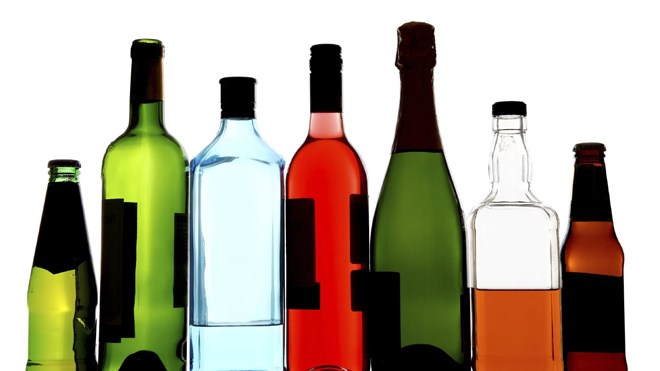THUNDER BAY – Supplying alcohol to underage youth can have real consequences with the potential of being a “catastrophe waiting to happen,” warns a senior Thunder Bay Police Service officer.
A coroner’s inquest into the deaths of seven Indigenous students between 2000 and 2011 who are attending high school in Thunder Bay from remote communities heard how youth obtained alcohol from second-party booze buyers – known as runners.
Alcohol poisoning was identified as the direct cause of death for one of the youth and for three others alcohol intoxication was listed as a contributing factor to their death.
Insp. Sharon Komar said she believes most of the runners don’t appreciate the responsibility for their actions.
“Kids are dying,” Komar said on Friday.
The inquest produced three recommendations directed between city police, the Liquor Control Board of Ontario and the province in an effort to crackdown on runners. The LCBO was recommended to review and revise their guidelines and enhance methods to detect runners, while the police and LCBO were recommended to create a task force or working group to help develop a protocol to report the illegal purchases and all three were recommended to develop a public awareness campaign.
The Thunder Bay police have been working in partnership with the LCBO since last fall, with officers trying to detect the transactions.
“Sometimes our officers are actually in the store. If we’re outside of the stores and we see it happen then we can make the arrest there,” Komar said. “If a community members does see it and report it to the LCBO part of that reporting mechanism we’re working on still, we would have the process in place where they do contact the police.”
Komar said there are three primary themes for the runners. First, there are family members who are buying the alcohol for their underage relatives. As well, there are people who know the areas frequented by youth and go to offer to provide alcohol. Then there are others who are chronic alcoholics that use the money given to buy for both the youth and themselves.
LCBO retail staff are trained to look for certain triggers, which Komar said include but are not limited to several repeat purchases, especially of the same product and when customers have a large quantity of change, appearing to have received collection from a number of sources.
But despite the efforts undertaken by police it’s been nearly impossible to catch, Komar said.
“We’ve set up surveillance in different shopping malls, many different LCBO and Beer Store outlets as well as hotels,” Komar said.
“Unless we actually see the transaction, there isn’t a lot that we can do. We’ve done some plainclothes projects and to this date we haven’t actually charged anybody.”
Even if police are able to catch a suspect, current laws don’t allow for significant punishment.
“It’s a provincial fine,” Komar said. “It’s just a monetary fine. It’s basically a slap on the wrist.”
